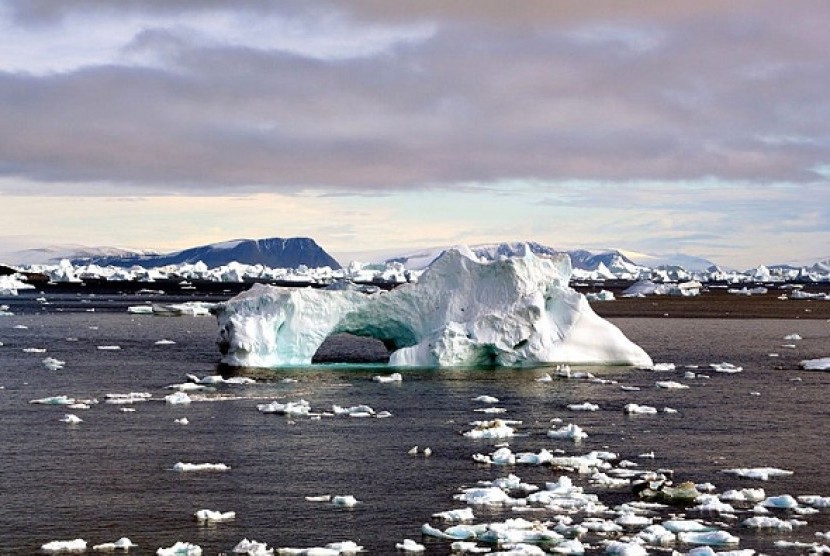REPUBLIKA.CO.ID, BERLIN -- Negotiators from nearly 200 countries resumed climate talks under a framework of the United Nations in Bonn, Germany, on Monday, focusing on a new global climate deal that was scheduled to be reached in Paris at the end of this year.
The 11-day meeting was tasked to streamline a 90-page draft text of the new deal, narrowing divergences over issues ranging from allocation of carbon emission reduction responsibilities to financial and technology support to developing countries.
French Foreign Minister Laurent Fabius, who will preside the UN climate conference in Paris from Nov. 30 to Dec. 11, told negotiators at the opening of the Bonn meeting that France would seek to reach a "pre-agreement" as early as October and he planned to organize ministerial meetings over climate in Paris on July 20- 21 and Sept. 7 to add impetus.
The Bonn meeting is one of the three remaining rounds of formal negotiations under the UN Framework Convention on Climate Change (UNFCCC) before the Paris conference.
The other two sessions were scheduled to be held in the same western German city in August and October.
Despite the time urgency to reach a deal, developed and developing countries are still divided over various issues.
While developed countries tend to describe the new agreement as a pact of emission reduction, developing countries insist that the agreement to be reached in Paris shall be comprehensive, reflecting other elements like adaptation, finance, technology transfer, transparency of action and support, and capability building in a balanced manner.
Among developed countries that had submitted their "intended nationally determined contributions" (INDC), actions they intend to take under the new agreement, none mentioned their obligations to provide financial and technology support to developing countries.
"It is essential that this year, we also obtain substantive progress on climate finance," said Jorge Voto Bernales, Special Representative of Peru for Climate Change, in a press conference.
"In order to provide confidence to developing countries, it is crucial to improve the transparency of past and future resources, clarity on pathways to reach the expected amounts committed by 2020 as well as indications about further mobilization of financial support in the long term," he added.
In Copenhagen climate conference in 2009, developed countries made a commitment to increase their financial support to developing countries to 100 billion US dollars per year by 2020 for addressing climate change. A clear roadmap to meet the commitment, however, was not provided until now.


